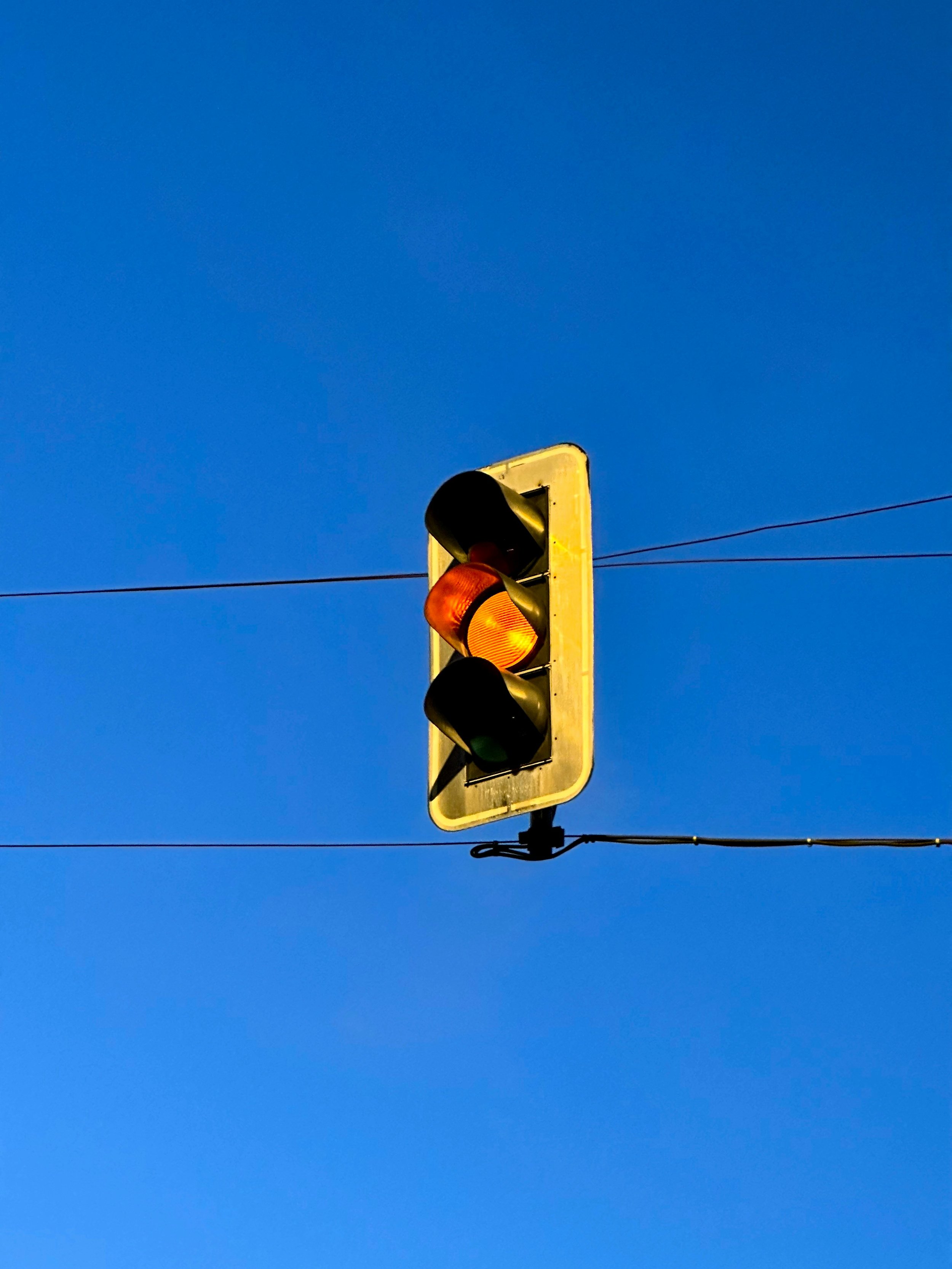![The Power of the Yellow Zone—Building Resilience by Slowing Down]()
Spring is (almost) here! With the sun shining and the world awakening, it is natural to feel a sense of enthusiasm for life. I find myself feeling that fresh desire to dig into spring cleaning, sign up for a half marathon, try new recipes, and get outside. While these things are all good, beware of giving into the urge to speed up too quickly. As with running a long race, sprinting can burn you out quickly, whereas a gradual acceleration and maintainable pace can help ensure that you have enough left in the tank to make it successfully to the finish line. Resilience is defined as the ability to recover successfully after a change, challenge, or adversity. It can be easy to equate resilience with “doing it all”. To the untrained eye, we may assume that someone who is having lots of achievement is also resilient, however, resilience is not found in the ability to stretch, but in the ability to recoil. The space BETWEEN stop and go is the place where resilience is grown and maintained- it takes place in what I like to call the yellow zone.











